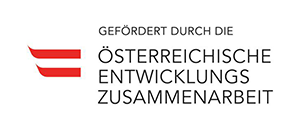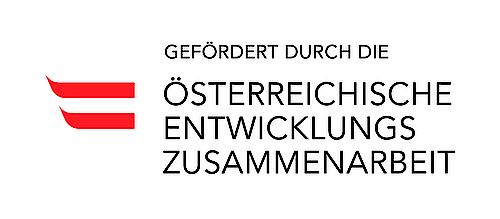With “Agenda 2030 for Sustainable Development”, all 193 UNO member states have committed themselves to implementing the 17 goals for sustainable development (SDGs) by 2030. The participation and integration of civil society is necessary to achieve these goals.
How can “Agenda 2030” become known in villages and cities in Austria? What actions can anchor the topic on the ground? Which stakeholders can be involved in a sustainable process?
The Austrian project “Zukunfstkarawane” reaches people in two pilot regions, namely in Lower Austria and Styria. It breaks with the logic of a top-down process that reflects the “perceived distance” between political institutions and society. The “Zukunfstkarawane” establishes a dialogue between science, politics and society, provides ideas for further networking throughout Austria and supports the shaping of a sustainable future.
The question of “good living” here and in the Global South and the search for utopian approaches to a sustainable future are at the heart of the caravan of the future.
Within developping small study projects (works of art, films, interventions, interactive events, etc. ). These take up topics which are regarded as central by the civil society of our partner communities in Lower Austria and Styria. The diverse results are presented in the partner regions, stimulate discussion and dialogue and lead to local thought, discussion and implementation processes around the 17 goals for sustainable development.
Partners:
Universität Wien/Institut für Internationale Entwicklung;
Universität für angewandte Kunst Wien;
Universität für Bodenkultur Wien/ Institut für soziale Ökologie;
Regionalentwicklungsagentur Oststeirisches Kernland
Klimabündnis Gemeinden Niederösterreich und Gemeinden der LA 21;
Fairstyria – Nachhaltige Entwicklung in der Steiermark;
Interested in learning more about the project?
Then contact us at
katharina.tiran@oikodrom.org
A project of OIKODROM – Forum sustainable city
Contacts:
heidi.dumreicher@oikodrom.org
katharina.tiran@oikodrom.org
Duration:
January 2018 – December 2019
Subsidiers:
Agentur der Österreichischen Entwicklungszusammenarbeit (ADA);
Landesregierung Niederösterreich/Abteilung Kunst und Kultur




